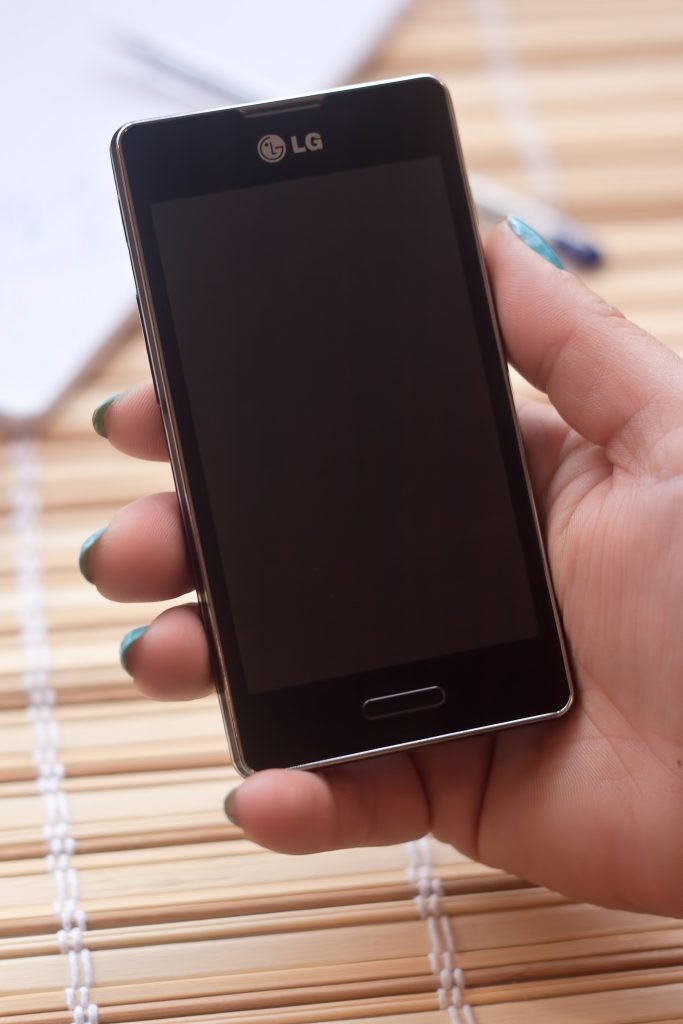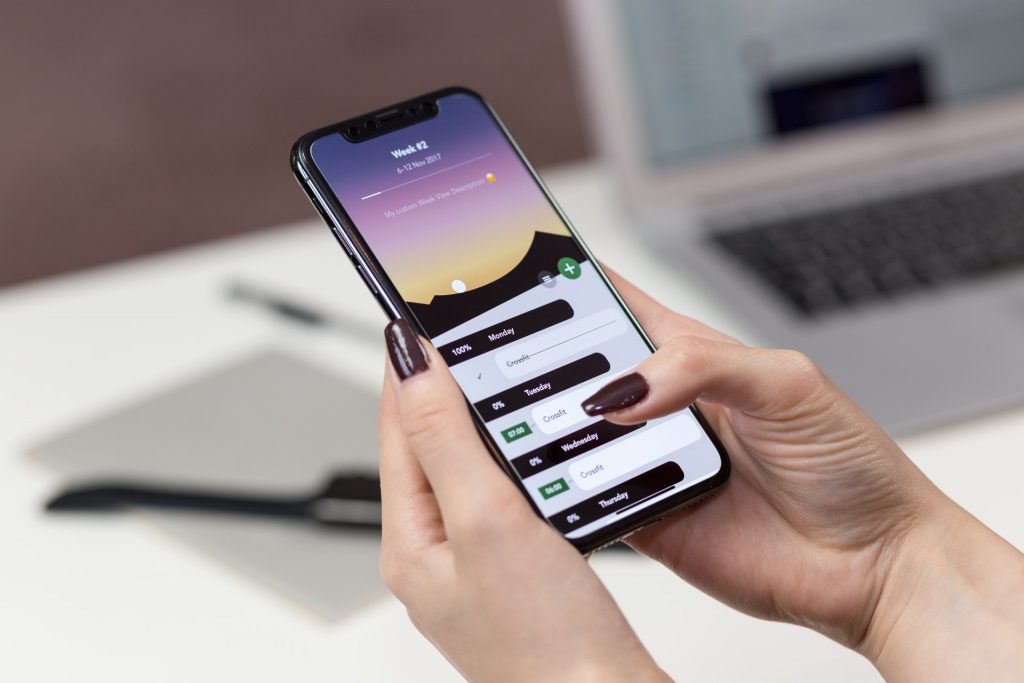Of late, LG has been sailing in deep waters with regard to their abysmal sales in terms of their mobile division.
In fact, the company is currently counting their losses, amounting to over $400 million this year alone!
Overall, a Good Year for the Company
That being said, the Korean company is confident that they can turn thing around and go back to profitable ways with their mobile division. Overall, the company has had a pretty solid year, with a record six months of healthy revenue and continuous profit in the first half of 2018.
Indeed, the company recorded a revenue jump of 2.7 percent with its Q3, which saw the company reach revenues of $13.76 billion. Additionally, the company increased its operating profits by $667.7 million, which accounts for 45 percent from the subsequent year.
At the core of these tremendous milestones is the company’s home entertainment business, which generated sales amounting to $3.31 billion dollars, and a $289.9 million in profits.

Though the mobile division provides a large revenue stream for the company, it is still experiencing massive losses
Second in Revenue, but Far from Profitable
That being said, LG Mobile was its second largest in terms of revenue. Unfortunately, when analyzing its Q3 revenue, the company incurred losses amounting to $130.5 million.
Nevertheless, the new figures are an improvement from the losses it incurred with its Q3 in 2016 and 2017, which are $384. 28 billion respectively. This further means that the company’s mobile division has lost a total of $410 million in 2018
Indeed, has a massive way to go to bring its mobile business back to winning ways and to prevent the massive dent that the division is causing on the company’s bottom line.
In a bid to play up the division’s performance, the company claimed that it had put up efforts to overcome a series of challenging global markets.
Especially in markets where Chinese brands are competing fearlessly to increase mobile saturation and thus minimize the demand for their mobile products and services.
Recently, LG released its new V40 ThinQ, a smartphone that is seen as a flagship for their renewed competitiveness in the market.
The phone comes packed with about five cameras, and analysts at the company are confident that its subsequent launch will improve sales for the company division this final quarter of 2018.

In 2018 alone, LG mobile has recorded massive losses amounting to $400 million
Implementing New Cutting Strategies
Additionally, the company’s cost-cutting strategies that have taken place since the appointment of Hwang Jeong-hwan, LG’s new mobile CEO, will see the implantation of a highly profitable foundation.
That being said, the recent strategy has geared towards providing the market with mid-range devices, especially emerging markets where the company is confident it can offer a more reasonable value for money that will entice customers towards accepting these deals.
Perhaps this is one of the reasons why sales in the company’s mobile division have reduced this year. Nevertheless, the division is using less capital and the new strategy has played a monumental role in minimizing losses.
That being said, it is still unclear as to whether the strategy will turn the division’s current predicament onto a more profitable unit.

The company has found it difficult to recover its grip and hold in the mobile industry
How Did LG Lose the Smartphone Race?
It all stems back to February of 2009. At the time, LG’s CEO of the electronics division Nam Yong had a meeting with Steve Ballmer, CEO of Microsoft in Barcelona Spain at the Mobile World Congress.
At the conference, the two mega-corporations put pen to paper for a beneficial collaboration. LG was to use Microsoft’s Windows Mobile OS on over 50 smartphone types by the end of 2012.
Little did LG know that the decision to use Microsoft as their go-to operating system would turn out to be the biggest mistake in the race of smartphone dominance?
That being said, Nam was confident that the use of Windows Mobile OS would set new trends in the ever-evolving smartphone world, prevising users with the latest benefits in smartphone technology.
Indeed, Microsoft had every reason to be confident. The phone market was steadily shifting to a more PC-oriented design, though they had already lost a lot of market ground to giants Google and Apple.
At the time, LG had surpassed Motorola as the third largest manufacturer of global handsets in the world.
It is crystal clear that from the outset, selecting Microsoft’s operating system was a huge mistake. Unfortunately, LG has been unable to fully recover from this marketing error 7 years on.










